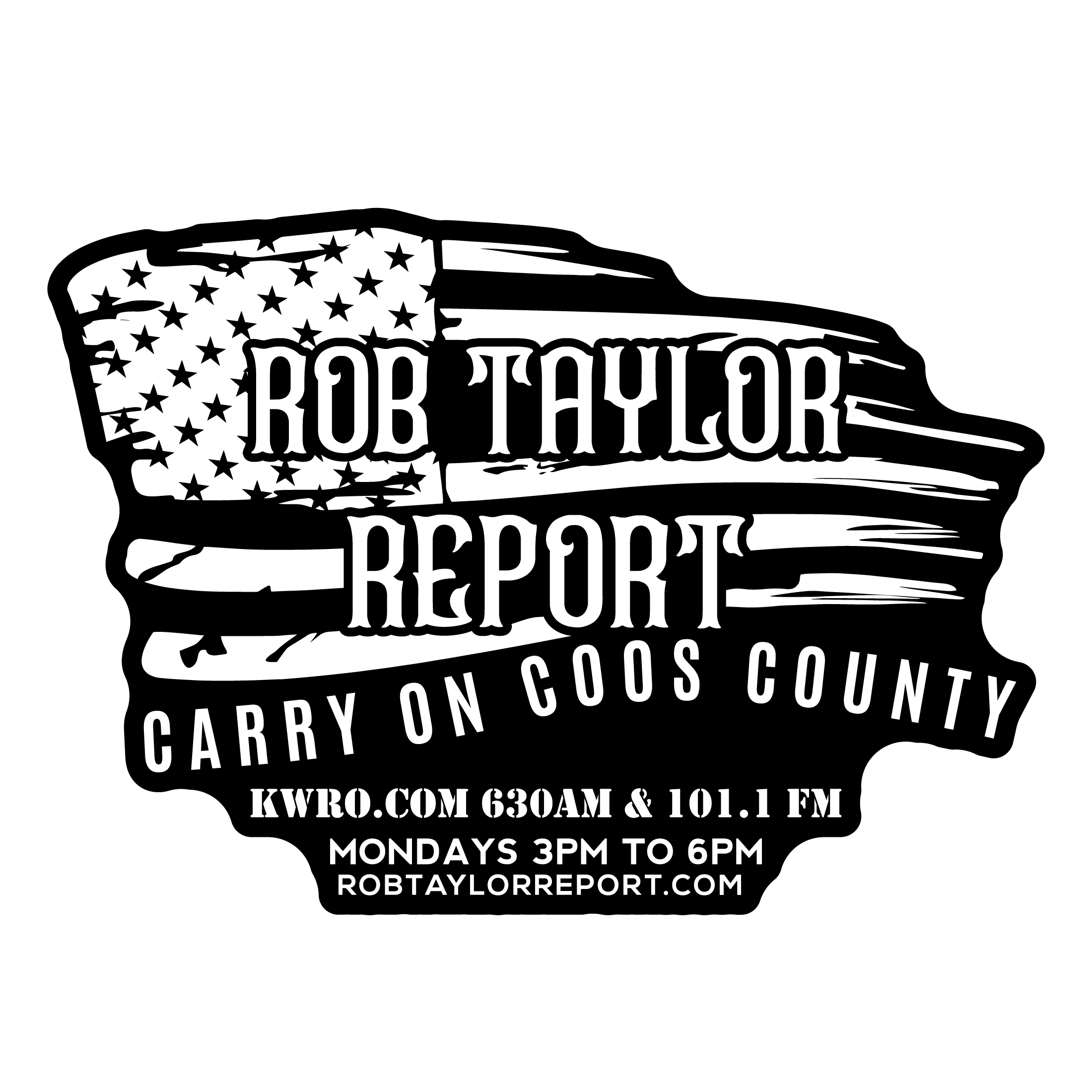Marta Baziuk Executive Director of The Holodomor Research & Education Consortium 5pm Monday June 28, 2021 on KWRO
Marta Baziuk is Executive Director of the Holodomor Research and Education Consortium (HREC), a project of the Canadian Institute of Ukrainian Studies, University of Alberta (Toronto office). HREC was founded in 2013 with the mandate to promote knowledge and awareness of the Holodomor through a range of research, education and outreach activities, engaging academic audiences, educators and the broader public. HREC initiatives include a publications program, annual research grants competition, visiting scholar and post-doctoral fellowships, conferences, and development of pedagogical materials.
Marta has more than 25 years of experience in international development and the not-for-profit sector. In the early 1990s, while working in Ukraine, she helped to establish the first nationwide election monitoring organization, the Non-Partisan Committee of Voters. Later, as Ukraine Program Officer for the non-profit Winrock International, Marta oversaw the establishment of a national network of women’s centers that offer job skills training programs, domestic violence hotlines, and other services.
She holds a master’s degree in journalism from Columbia University.
The Holodomor
The term Holodomor (death by hunger, in Ukrainian) refers to the starvation of millions of Ukrainians in 1932–33 as a result of Soviet policies. The Holodomor can be seen as the culmination of an assault by the Communist Party and Soviet state on the Ukrainian peasantry, who resisted Soviet policies. This assault occurred in the context of a campaign of intimidation and arrests of Ukrainian intellectuals, writers, artists, religious leaders, and political cadres, who were seen as a threat to Soviet ideological and state-building aspirations.
Between 1917 and 1921, Ukraine briefly became an independent country and fought to retain its independence before succumbing to the Red Army and being incorporated into the Soviet Union. In the 1920s, Soviet central authorities, seeking the support of the populace, allowed for some cultural autonomy through the policy known as “indigenization.”
By the end of the 1920s, Soviet leader Joseph Stalin decided to curtail Ukraine’s cultural autonomy, launching the intimidation, arrest, imprisonment and execution of thousands of Ukrainian intellectuals, church leaders, as well as Communist Party functionaries who had supported Ukraine’s distinctiveness.
At the same time, Stalin ordered the collectivization of agriculture. The majority of Ukrainians, who were small-scale or subsistence farmers, resisted. The state confiscated the property of the independent farmers and forced them to work on government collective farms. The more prosperous farmers (owning a few head of livestock, for example) and those who resisted collectivization were branded kulaks (rich peasants) and declared enemies of the state who deserved to be eliminated as a class. Thousands were thrown out of their homes and deported.
In 1932, the Communist Party set impossibly high quotas for the amount of grain Ukrainian villages were required to contribute to the Soviet state. When the villages were not able to meet the quotas, authorities intensified the requisition campaign, confiscating even the seed set aside for planting and levying fines in meat and potatoes for failure to fulfill the quotas. Special teams were sent to search homes and even seized other foodstuffs. Starving farmers attempted to leave their villages in search of food, but Soviet authorities issued a decree forbidding Ukraine’s peasants from leaving the country. As a result, many thousands of farmers who had managed to leave their villages were apprehended and sent back, virtually a death sentence. A law was introduced that made the theft of even a few stalks of grain an act of sabotage punishable by execution. In some cases, soldiers were posted in watchtowers to prevent people from taking any of the harvest. Although informed of the dire conditions in Ukraine, central authorities ordered local officials to extract even more from the villages. Millions starved as the USSR sold crops from Ukraine abroad.
The USSR vigorously denied that the Holodomor had occurred. Since the collapse of the Soviet Union, the Communist Party, secret police, and government archives that have become accessible to researchers support the conclusion that the famine was caused by Soviet state policies and was indeed intentionally intensified by Soviet authorities.

